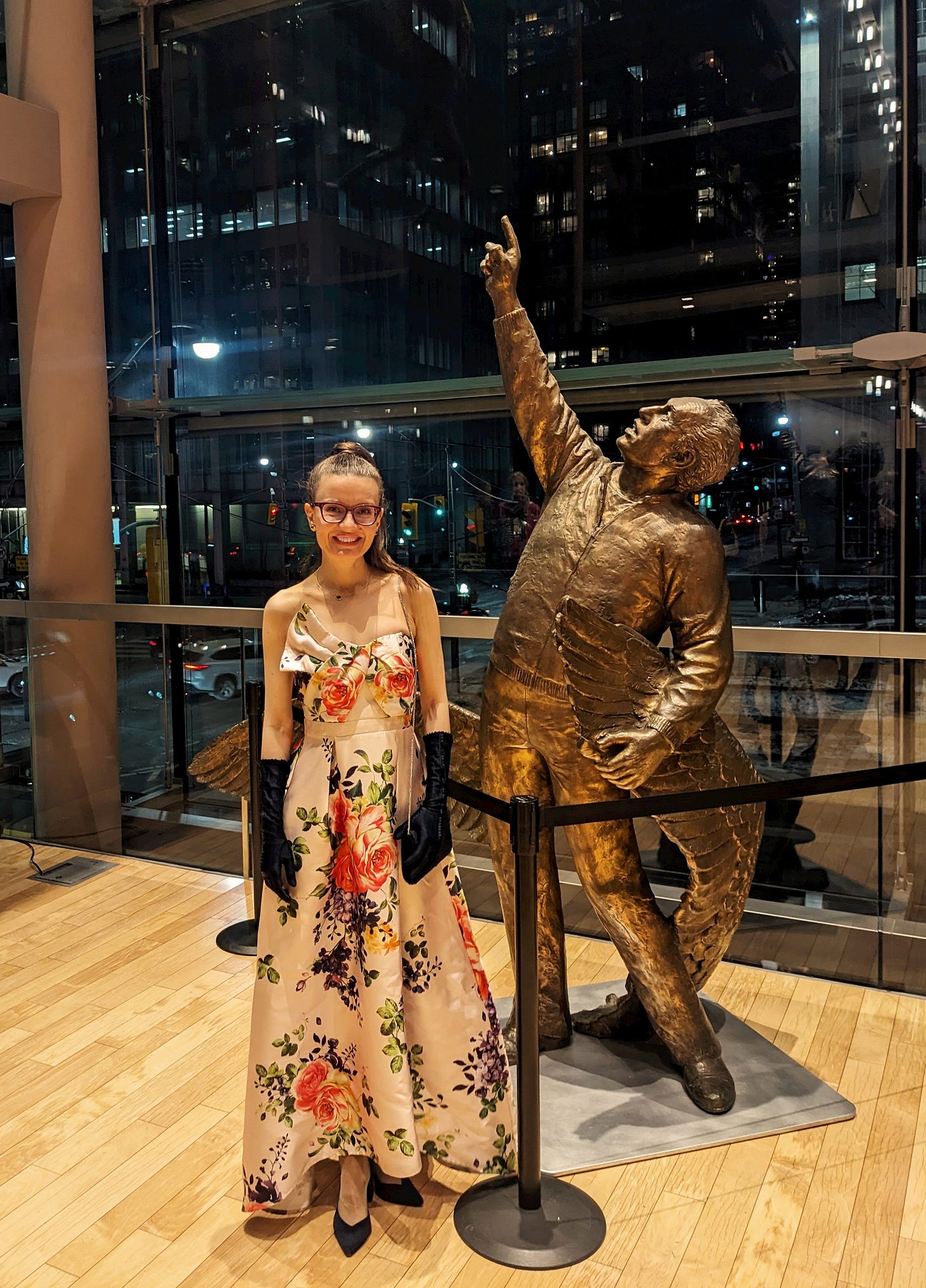Madama Butterfly and an ode to the Laurentians.
Does he like me?
Alas, that quintessential question us women can all relate to. A few weeks ago, I was so excited to snatch a ticket, a sold-out performance to one of Puccini’s most beloved operas, Madama Butterfly, a masterpiece.
A regular subscriber to the Canadian Opera Company, seated not in my usual seat but in front of a standing-room-only crowd, preferring the cla…




